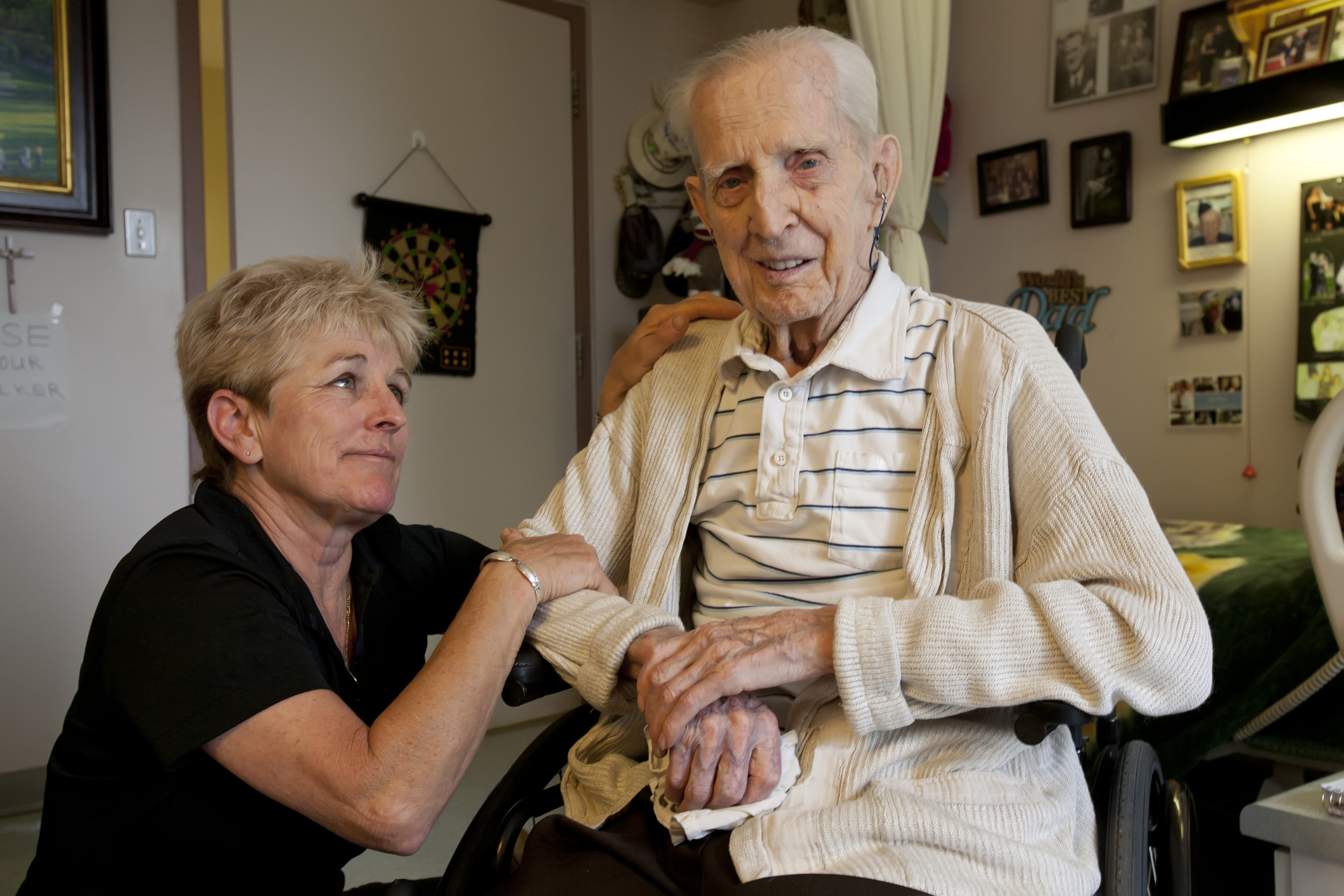As our loved ones age, it’s natural to want to ensure their well-being and enhance their quality of life. Whether they are your parents, grandparents, or close relatives, there are several steps you can take to support their physical, emotional, and mental health during their golden years.
Help Them Lead a Healthy Lifestyle
Promoting a healthy lifestyle is essential for maintaining and enhancing the well-being of your aging loved ones. Encouraging regular exercise, even if it’s gentle activities like walking or stretching, can help improve mobility and reduce the risk of chronic conditions. A balanced diet rich in nutrients is also crucial for maintaining their energy levels and overall health. Ensure they receive regular medical check-ups and screenings to catch any potential health issues early on. Connecting them with peers and providing mental stimulation can also help in reducing isolation and improving their overall quality of life. Caregivers should also take time to understand the daily needs of their senior loved ones and implement strategies to ensure they are met. With the right support, you can help them stay healthy and lead an active life for years to come.
Opt for Home Healthcare
In some cases, opting for home healthcare can greatly improve your aging loved one’s quality of life. The decision to keep a loved one at home for care can significantly increase their comfort. Home healthcare services provide personalized care in the familiar environment of their own home, allowing them to maintain their independence while receiving the necessary support. This option is especially beneficial if your loved one requires assistance with daily tasks, medication management, or medical monitoring. Home healthcare can also provide care for more complex medical needs, such as wound care and intravenous (IV) therapy. In order to make the best decision for your loved one’s care, it is important to weigh the benefits of home healthcare services against other options available in your area. Consider the cost of services when making a decision, including insurance coverage or long-term care plans.
Provide Emotional Support
Emotional support plays a crucial role in enhancing the quality of life for aging loved ones. The process of aging can bring about feelings of loss, isolation, and even anxiety about the future. Being present and engaged in their lives can make a significant difference. Regular visits, phone calls, and spending quality time together can alleviate loneliness and provide a sense of connection. Listen to their concerns, memories, and stories, validating their experiences and helping them feel valued. Showing genuine interest and compassion will foster trust and deepen the bond between you and your aging loved one. Showing respect for their autonomy is also important, adjusting to their wishes when possible while providing gentle guidance. Let them make choices as much as they can while providing support when needed. A well-thought-out balance of caring involvement and respect for independence can help them maintain the best quality of life possible.
Remember that each individual’s needs are unique, so adapting your approach to fit their preferences and circumstances is essential. By implementing these strategies, you can help your aging loved ones navigate this chapter of life with dignity, comfort, and a sense of fulfillment.
Did You Enjoy Reading This Article? Here’s More to Read: What Seniors Should Know Before Starting a Fitness Plan



